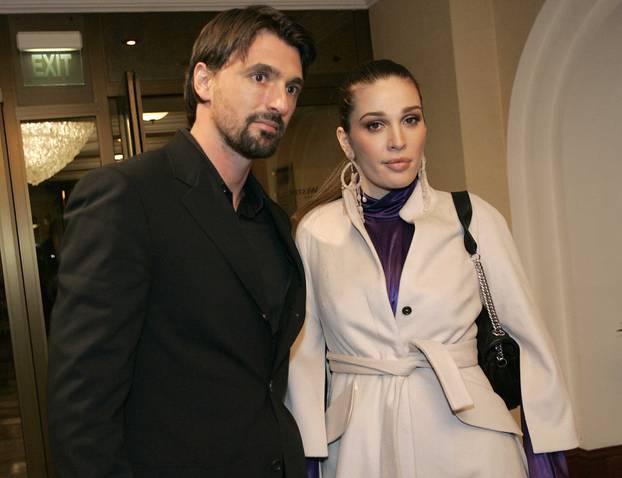360,000 Danes have it in the home: cost thousands of dollars in fine
Although they know it is illegal, it does not stop every eighth Dane from using it.
Right now reading others
The TV entertainment is increasingly moving into the Internet. And for many Danes it happens with a click that is both cheap and lightning fast – but also illegal.
New figures show that a massive group of consumers have now thrown themselves over a service where black screen means something quite different from signal problems.
Analysis company MediaStision Now puts numbers on the phenomenon: In 2025, as many as 360,000 Danish households use a form of Internet TV that is not simply around the official system-it breaks with the law. Thus, about every eighth household in Denmark is now streaming by payment models and licenses.
The figure has increased dramatically in a few years. Back in 2022, the statement was 125,000 households. This corresponds to an increase of 188 percent – in just three years.
ALSO READ
First halfway down in the small precise definitions one finds the term: IPTV. Internet Protocol Television – a technology that broadcasts TV over the Internet. But where the technology itself is legal, this is far from the case when the supply consists of sports rights, films and series that are delivered without permission.
And that’s exactly what many « users » gain access to through illegal IPTV providers. Here you can often zap for a low monthly price through Super League football, exclusive series and feature films, which otherwise require subscriptions to multiple platforms.
But it has consequences. Not just for the industry – also for users. In the past, Danes have been fined up to DKK 20,000 for being a customer of the so -called private pirates, as the rights alliance calls them. Still, the market is growing.
The Divisional Association – which represents all men’s football clubs in the top ranks of the country – now requires action. Together with the Rights Alliance, they are pushing to block the ten largest pirate platforms, which according to them help to drain the sport’s economy.
Streaming giant Viaplay, who has the rights to The Super League, responds sharply:
« Illegal IPTV undermines the entire ecosystem of the production and distribution of quality content – from sports rights to film and series. The pirate services are managed by deeply criminal bakers who, via international networks and local heels, sell their thieves, » says Lars Bo Jeppesen, EVP Viaplay Group & CEO Viaplay Denmark.
He warns against underestimating the consequences – both financially and in principle:
« When 360,000 Danish households are private pirates and use these illegal services, it is not only a financial loss – it is a direct attack on the investments and the creativity that drives our industry. In addition, the systematic tax evasion of these enterprises means that society is increasingly missing out on significant tax revenue. »
Whether the blockages are successful – and whether Danish streamers change habits – is not yet known. But one is certain: IPTV is not just a technical solution. It has also become a black exchange for entertainment where each stream can cost far more than the subscription price.
ALSO READ
Share the article:





